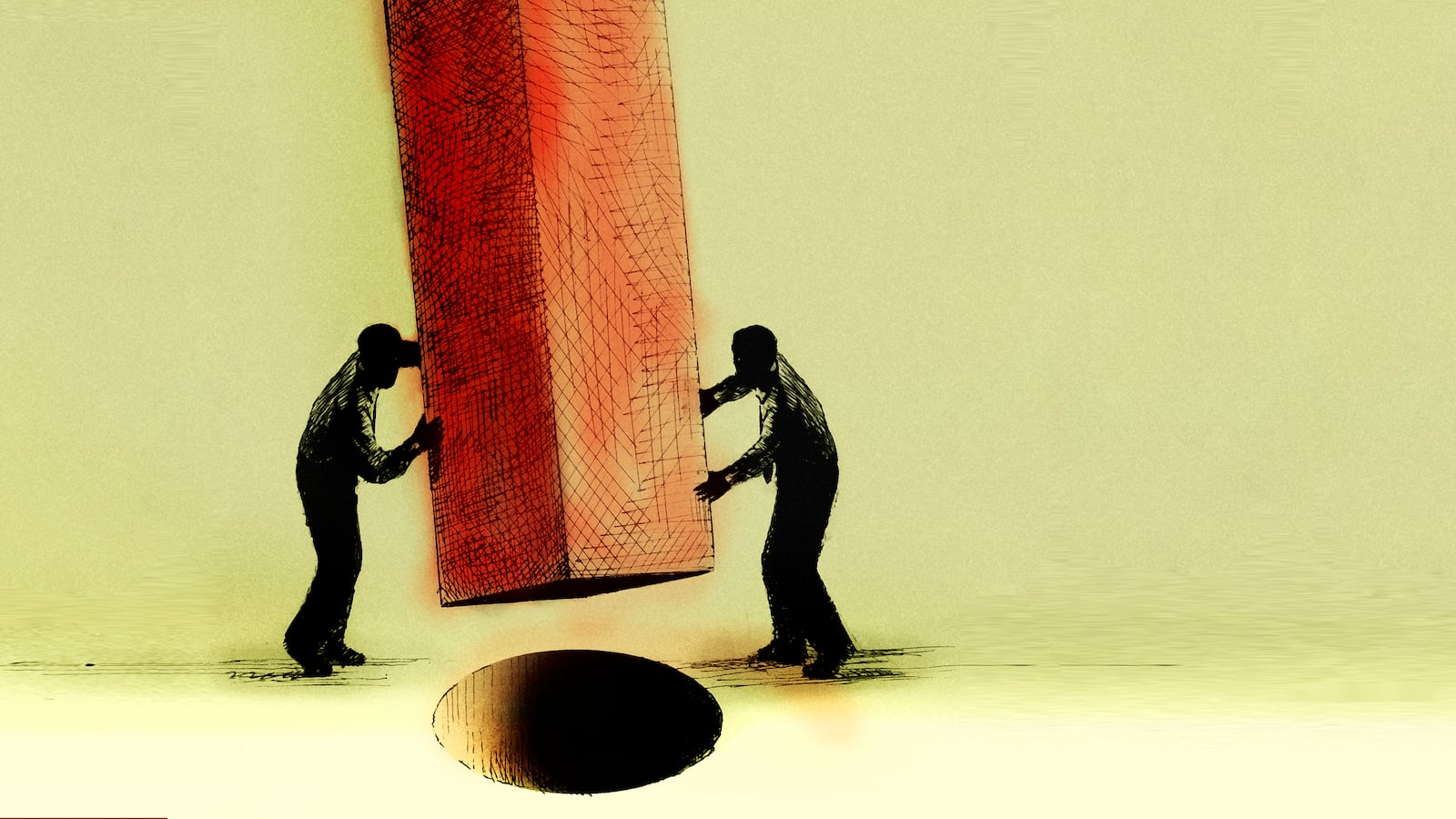Last week, a group of seven women sat around a meeting room in Seattle’s Plymouth Church discussing their hobbies, personal relationship challenges and even their medical diagnoses. For two hours, their stories were met with advice, comfort or simply kind words. The atmosphere was at once a casual gathering of friends, and a thoughtful support group. And while many of the women had not met each other before this meeting, by the end of the evening they had already started planning future outings, such as karaoke and bowling.
But this was no typical social gathering. It was the inaugural meeting of the women’s chapter of Square Pegs, a group meant to offer socialization opportunities for autistic people, created and run by those on the spectrum.
An estimated one in every 68 people have autism spectrum disorder (ASD), a developmental disorder that involves difficulty with social communications, along with repetitive behaviors, such as accumulating a lot of information on certain topics.
Although there is a wide array of research on the disorder and interventions for those who have it, when it comes to socialization, there is a noticeable gap in resources available, said Lynn Kern Koegel, clinical professor at the Stanford Autism Center. And “every year, the older the kids get, the less that is available,” she said.
Whether that gap is due to socialization not being a priority or simply a lack of funding, Square Pegs Adult Autistic Meetup Group looks to have taken a step towards helping to fill that need in Washington.
In fact, Koegel said she hadn’t heard about a group like this one. Its uniqueness comes from its simplicity. It's not offering members any kind of specialized interventions, but rather organizing social events to give autistic people an opportunity to meet, chat and find common ground with other people on the spectrum.
“I think it’s really powerful to be able to say, ‘You think and act like I do and I’ve always felt super alone until now,’” said Jill Locke, a research assistant professor at the University of Washington who works with autistic people of all ages. “I think it validates a lot of their feelings and also provides a safe context and safe space for them to just naturally be.”
It was founded in 2008 by a parent and her autistic son after realizing there weren’t really any opportunities for people on the spectrum to socialize with others like them on their own terms. Although it started as just a few casual coffee get-togethers, attendance soon began to rapidly swell, said Zack Siddeek, who is autistic and the current group organizer. These days it has about 14 group events each month across the state, everything from bowling and competitive scrabble to a support group for LGBTQ people who are autistic, and over 1,300 members.
Siddeek, a graduate student at the University of Washington, said he discovered the group after he moved to Seattle four years ago and was looking to meet new people. He ended up attending his first meeting with 15 others at a coffee shop in Bothell.
It was the first time, he said, he’d ever been in a room where everyone was just like him. “The burden of changing and having to adapt to social cues of neuraltypicals, that burden wasn’t placed on me in there and that’s such a really freeing and positive experience.” He gave the example of not being expected to make eye contact every few seconds or maintain the typical give-and-take flow of conversation.
Socialization is clearly beneficial for forming relationships and making friends. But it may also be important for mental health. Anxiety and depression have been found to be a lot higher for people on the spectrum, with some studies suggesting that more than half of them may have one or both, according to Koegel.
And although research on this topic is still preliminary, she said it appears that this could be related to their lack of social skills. “It’s because they really have difficulty with the social, so it’s unsuccessful, and then it’s snowballing, because then it gets worse,” she said. “Then they don’t get help in that area and then they feel more anxiety and then they don’t have friends, so they feel more depression.”
Brittanie Pendleton, a co-facilitator of the women’s chapter, who was diagnosed with autism a few years ago, when she was in her mid-twenties, said socializing can be draining, and is only made more difficult because of her depression and anxiety.
But when she discovered Square Pegs in 2016, she found it to be a welcoming and nurturing environment. “Spending time with other people on the spectrum and hearing their stories helps me feel like I’m not alone,” said Pendleton, who joined the group in 2016. “It reaffirms to me that I’m just different, not less, and that there’s nothing wrong with me.”
There are some specialized interventions that have been found to help with socialization, said Koegel. There’s individualized education to help autistic people hone their skills on such things as empathy. There’s also peer support, in which people on the spectrum are accompanied to social spaces with someone who can help them feel comfortable and offer them feedback.
But it appears for some autistic adults, simply having a safe space where they feel they can be themselves and socialize on their own terms, can be enough. In a world designed for neurotypicals, where autistic people are in the clear minority, Siddeek said Square Pegs can be a welcomed environment. It provided “the sense that I wasn’t alone,” he said, “that I had had finally found my people.”






